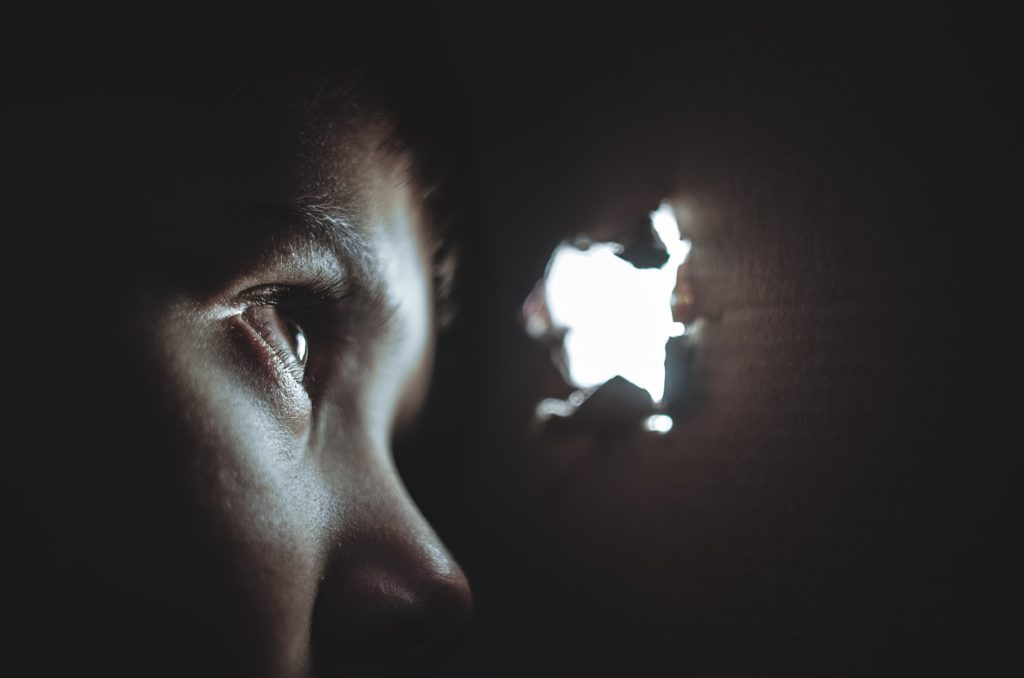Survivors' Voices
These are some of the things sex trade survivors are saying:
Why prostitution is not empowering:
Why it’s not consensual:
Why it’s neither sex nor work:
” You have to become the best actor that you know. And
before that you have to get to a place mentally where you have to tell yourself that this is okay, that this is what you want to do, that you’re choosing to do this. It takes a lot of brokenness inside to get to that point.”
“Because what you see mostly is violence. There’s so much more than just the emotional turmoil that you go through. It’s the physical abuse. It’s like paid rape. You’re constantly being raped.”
“Also, you’re constantly living in fear. You don’t know
when the next day’s going to be your last. You don’t know when that next encounter is going to be your last.”
“I was left for dead by a sex buyer.”
“At the end of the day, every day, and with every new
encounter, you come away from it feeling lucky to be alive or feeling raped and wishing you were dead you know.”
Marjorie Saylor, Sex trade survivor
(Source: Interview 2023)


Why the term "sex work" should not be used
Melanie Thompson, a 27-year-old woman from New York City who introduced herself as a “Black sex-trafficking and prostitution survivor.”: The language of “sex work” implies falsely that engaging in the sex trade is a choice most often made willingly; it also absolves sex buyers of responsibility. “I urge the media to remove the terms ‘sex work’ and ‘sex worker’ from your style handbooks,” she said.
(Source: New York Times, 2023)

Why prostitution and human trafficking are connected
Thinking from an economic standpoint point of view is the easiest way to understand this. The sex trade is essentially an economic marketplace with a supply, which is vulnerable bodies, and a demand, which is essentially people looking to purchase sex. So when you see this dynamic situation, you can also see that there are not enough of people willing to engage in the sex trade or are engaging in the sex trade. The demand is really a lot higher than the supply can actually pace with. So what we are actually seeing is traffickers capitalizing on that demand, saying oh, I can make money on this, so I am going to traffic more people into the sex trade and more often than not, we see that those are people usually from vulnerable backgrounds. Runaway and homeless youth, LGBTQ community, differently-abled individuals. So those are predominantly filling that gap. So traffickers are really incentivized to participate in this market. So when we think about how do we address this problem, we want to shrink the sex trade overall, so we do that by reducing the demand. So we are disincentivizing traffickers from engaging in the market place.
Alica Bernard, Sex Trade Survivor, World Without Exploitation, 2023

Why prostitution is a racial issue
A good way to start this conversation is to talk about Power, Privilege and Control. And I think we have to recognize that the majority of people who we see in prostitution, who we see in the sex trade, generally don’t look like me. These are predominantly women and girls who are from marginalized communities, who are being purchased by people with agency and choice to engage in that. I’m originally from Seattle, Washington. So what we see is, we did a number of polls on our cases, to see what does this issue look like, so between 2011 and 2022, 44% of child victims of sexual exploitation were black girls, where black girls only make up 7% of the population. I think that’s a really important dynamic. That they are disproportionately represented in the sex trade. But what we also saw in between 2013 and 2022, it was 73% white men who were purchasing sex. And so again, that’s disproportionate. I come from Seattle, I have to say it’s a very white city. This is looking like a power and privilege dynamic.
Alica Bernard, Sex Trade Survivor, World Without Exploitation, 2023

Join Mailing List
Sign up and get all the latest sent to your inbox.
